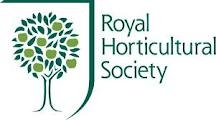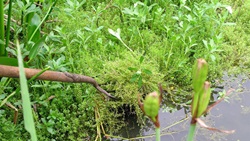
The sale of five species of non-native water plants has been banned in a bid to protect the countryside from invasive flora. The ban, which comes into place on 6 April aims to protect vulnerable habitats.

The plants, water fern (Azolla filiculoides), parrot’s feather (Myriophyllum aquaticum) , floating pennywort (Hydrocotyle ranunculoides), water primrose (Ludwigia grandiflora) and Australian swamp stonecrop or New Zealand pygmyweed (Crassula helmsii), will be the first non-native plants banned for sale in England.
The ban, which is separate to proposed EU regulations to ban invasive non-native species, has been introduced by the UK government under powers brought in with the Natural Environment & Rural Communities Act (2006).
Previously, it was only illegal to dispose of the five plants in the wild.
The ban, which is supported by the RHS, means that from 6 April it will be illegal to sell these plants, and anyone doing so could face a fine of up to £5,000 and possibly up to six months in prison.
RHS Chief Scientist Dr John David said: “Our gardens have been greatly enriched by the introduction of plants from abroad but a small number have proved highly invasive in the UK, threatening natural habitats and native species. This is particularly the case with aquatics as they are spread more quickly through our waterways, having a serious impact on our rivers and ponds, and are extremely difficult and costly to control. Although these plants are no longer widely available, this is a much-needed step to close off the supply of these problem plants.”
Source: RHS – UK Ban Imposed on Sale of Non-Native Water Plants





